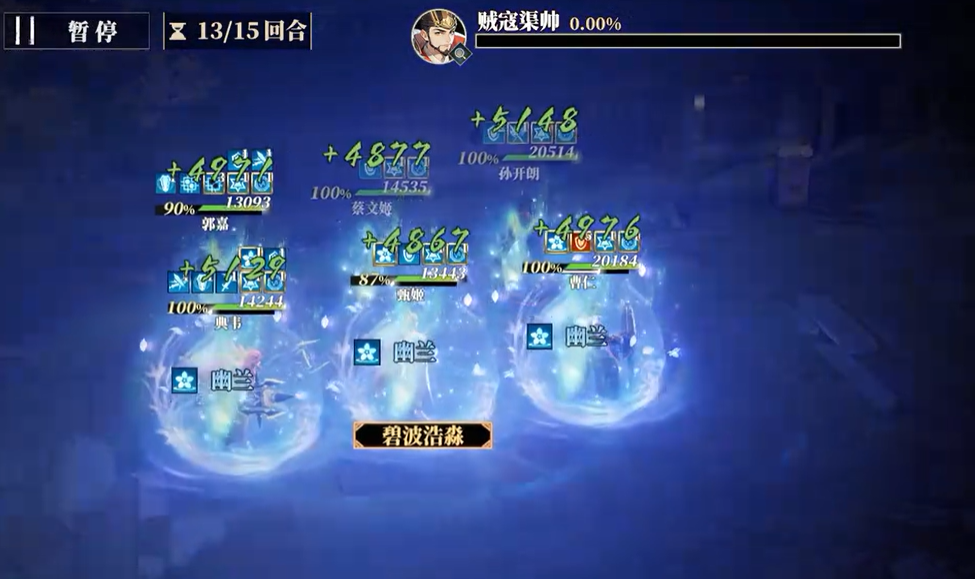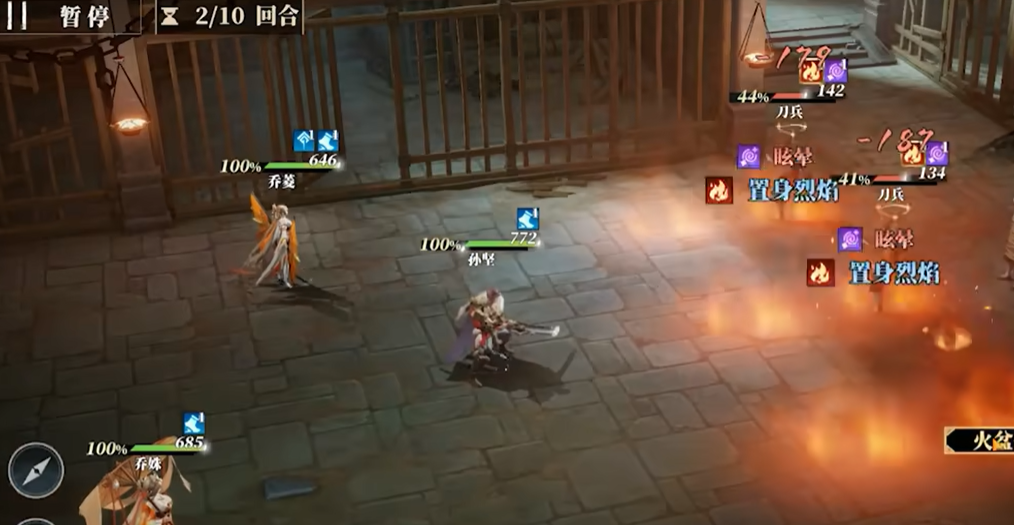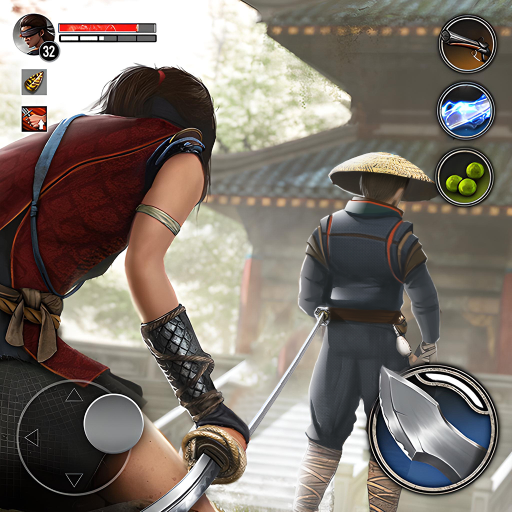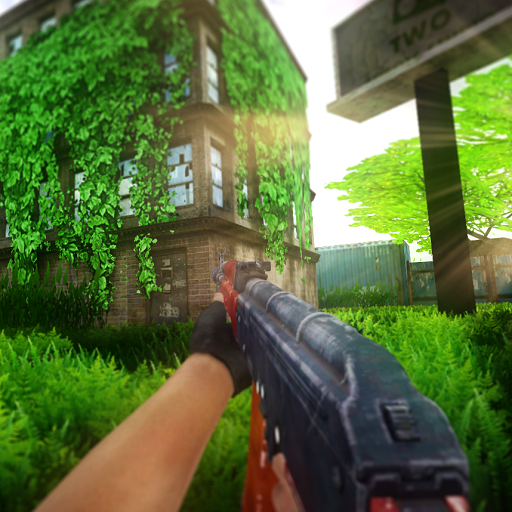In the world of Chinese Paladin, the Five Elements are not just elements of traditional culture; they are closely integrated with the game's combat mechanics, forming a unique gameplay known as "generation and overcoming." Mastering this mechanism allows one to handle battles with ease, overpowering enemies. Today, we will introduce the Five Elements in the world of Chinese Paladin. Let's discuss the generation and overcoming mechanism of these five spirits and see how you can improve your chances of winning by cleverly utilizing the relationships between the Five Elements.
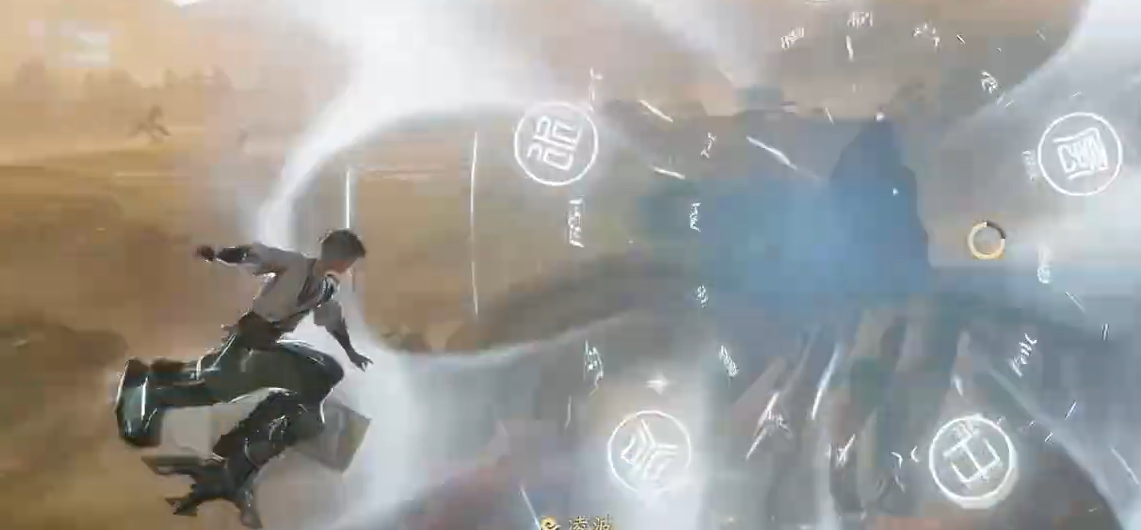
In the world of Chinese Paladin, the "generation and overcoming" relationship of the Five Elements runs through the entire combat system. Simply put, there is a relationship of restraint and enhancement between each attribute. Although these elements seem independent, in battle, they act like well-coordinated partners, doubling your combat power.
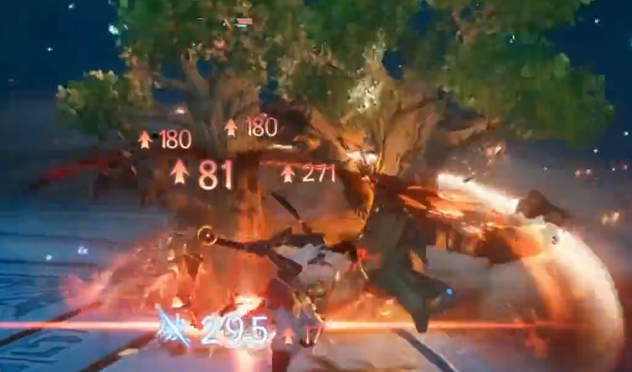
Lightning is the nemesis of Water. When your lightning-based character encounters a water-based enemy, attacks become more accurate and receive a boost. If you are a player specializing in lightning, don't hesitate when facing a water-based enemy; launch powerful attacks to easily defeat them. Wind, on the other hand, can restrain Lightning. Imagine using a wind-based character or skill to attack a lightning-based enemy; the impact is simply doubled. The agility of wind is the opposite of the brute force of lightning.
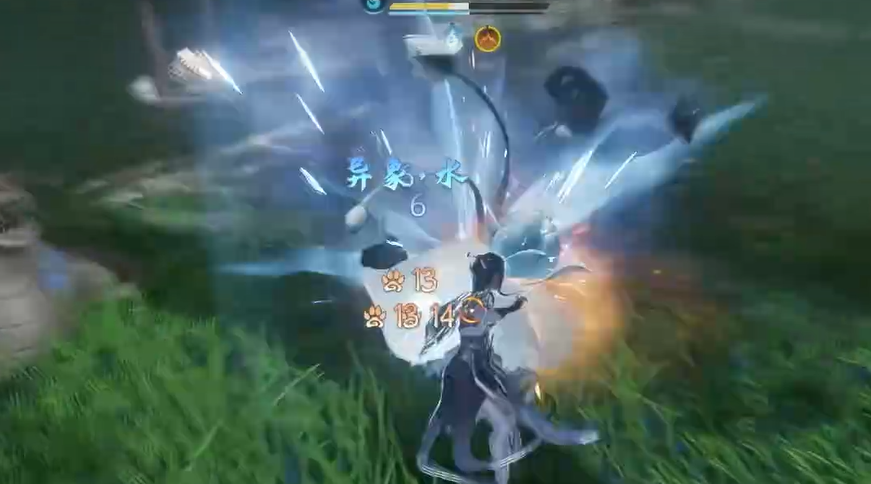
Next, let's look at Fire, which overcomes Wind. For those swift and agile wind-based enemies, the destructive power of fire is their nemesis. No matter how fast the wind, it can be scorched by flames, and the output of fire can make wind-based enemies suffer greatly. Finally, Water overcomes Fire. This is very straightforward: no matter how fierce the fire, once a water-based skill is used, the blaze is instantly extinguished. You can imagine that if you face a fire-based enemy head-on, a water-based character's powerful skill acts like a fire extinguisher, putting out the fire with a single spray.
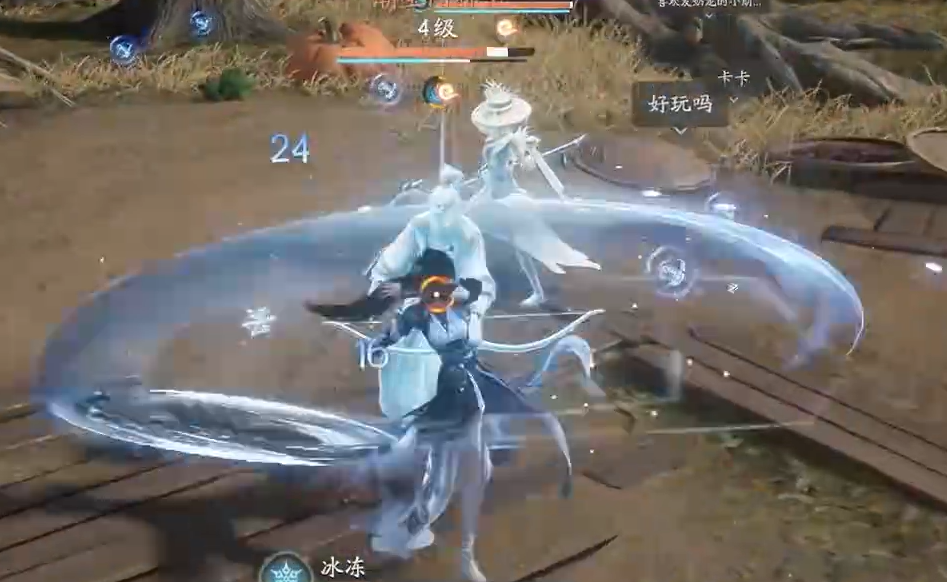
Besides the "overcoming" relationship, the "generating" relationship among the Five Elements is equally important. Here, Metal, Wood, Water, Fire, and Earth work together, significantly enhancing the effects of skills. For example, Water nurtures Wood, making Wood's skills more powerful. If you are a Wood-based character, teaming up with a Water-based ally in battle will greatly increase the healing and attack power of your skills. Wood generates Fire, and if Fire's attacks are supported by Wood, the effect is even more pronounced. A Wood-based character provides "fuel" for a Fire-based character, making the flames burn more fiercely and causing more damage.
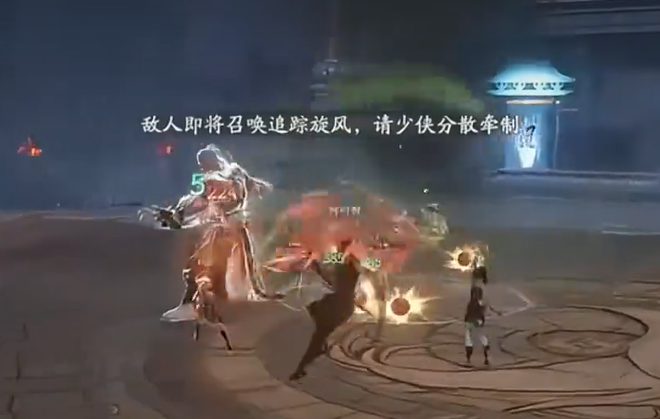
Knowing the generating and overcoming relationships of the Five Elements, the next step is to apply them flexibly in actual combat. For instance, when facing enemies mainly composed of Water, you can bring a Lightning-based character for output, as Lightning effectively restrains Water. And if an enemy uses a Fire-based skill to attack you, your Water-based character can come in handy, counter-attacking promptly, not only protecting yourself but also dealing damage. In team composition, you should also pair characters based on the enemy's attributes. If the enemy consists primarily of Earth-based tanks, you can first send a Wood-based character to weaken the enemy's defense, then use a Fire-based character to deliver the final blow. This not only increases damage output but also fully utilizes the generating and overcoming mechanism of the Five Elements, gaining the upper hand in battle.
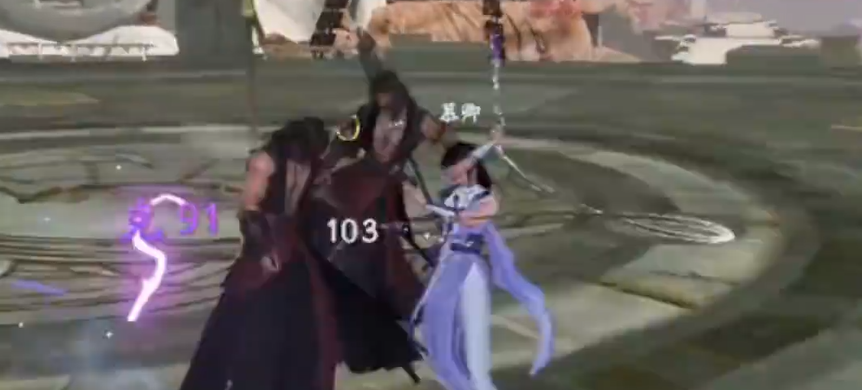
This concludes our introduction to the Five Elements in the world of Chinese Paladin. Mastering the generation and overcoming mechanism in the world of Chinese Paladin is like having an all-purpose winning strategy in battle. Utilizing it well not only allows you to easily deal with various enemies but also enhances the overall strength of your team. Now, go challenge those powerful enemies and use the power of the Five Elements to achieve victory!
